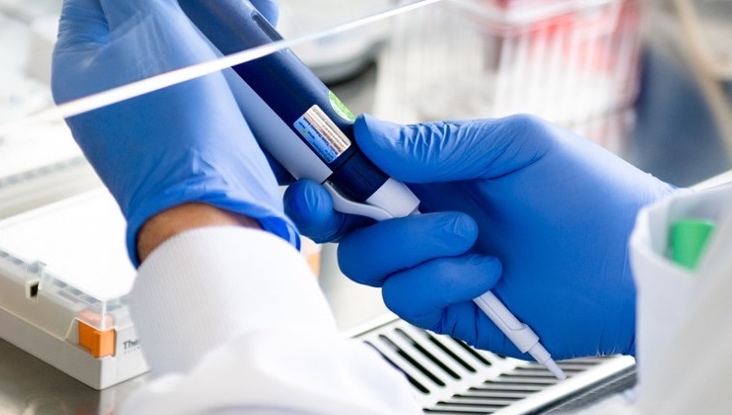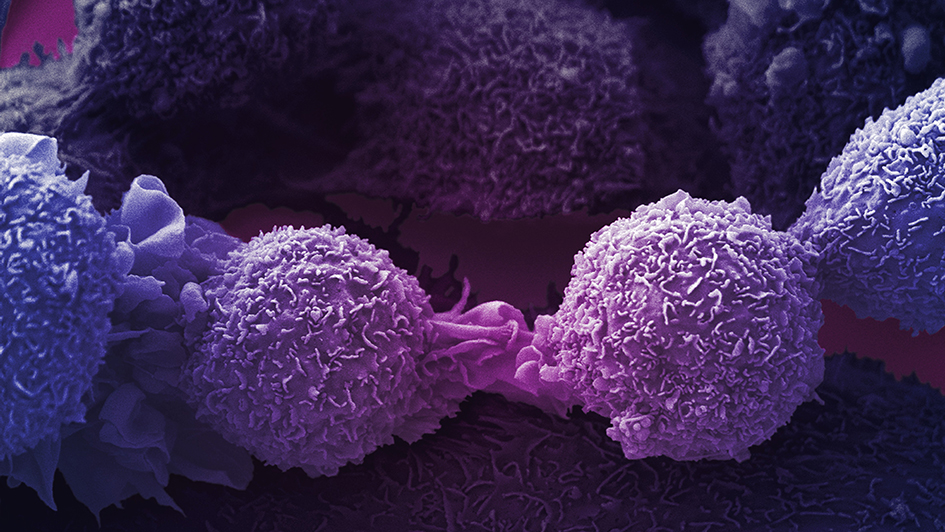Spinout Companies
The Institute of Cancer Research establishes spinout companies where this is the most appropriate route to patient benefit.

Recent successes from our spinout portfolio include molecular glue degrader company Monte Rosa Therapeutics – which listed on the New York NASDAQ stock exchange, raising more than $220m at its Initial Public Offering (IPO), Kodiform Therapeutics, and Sentinal4D.
Other companies to spin out from ICR science in the past include Domainex, Chroma Therapeutics and PIramed.
Investors
We are overseeing several new ventures that could, with the right partner, become new companies in areas from digital pathology and artificial intelligence (AI) to cancer vaccines, from harnessing cancer evolution to platform technologies.
To keep up with the latest news on entrepreneurship and innovation at the ICR, sign up to our email newsletter Connections. For our partnering portfolio or more information on investment opportunities in emerging spinout companies, email [email protected].
Spinout Review: Statement of Adoption
The ICR was an early adopter of the best practices highlighted in the Independent Review of University Spinouts, originally published in November 2023.
We substantively adopted the recommendations of Research England’s report following the Review, as well as the associated guidance from technology transfer body TenU.
As one of the UK’s leading Higher Education Providers (HEPs) in industry collaboration, the ICR is committed to the Review’s aims to support, streamline and speed up the formation of new spinout companies from the academic sector, including through measures to incentivise founders and investors to create them.
Related news
.png?sfvrsn=364266fe_1)
‘Smart jab’ shows promise in treating advanced head and neck cancer
A new type of cancer treatment which is given via an injection under the skin has shown early signs of success in patients with advanced head and neck cancer.

New drug shows dramatic effect in shrinking lung cancer tumours
A new drug is having a dramatic effect on shrinking lung cancer tumours, according to new research.
Opportunity: Antibody-derived small molecules and ‘macrodrug’ degraders
Commissioner: Professor Terence Rabbitts
Opportunity: A small molecule drug conjugate as a novel prodrug-activating platform
Commissioner: Professor Udai Banerji